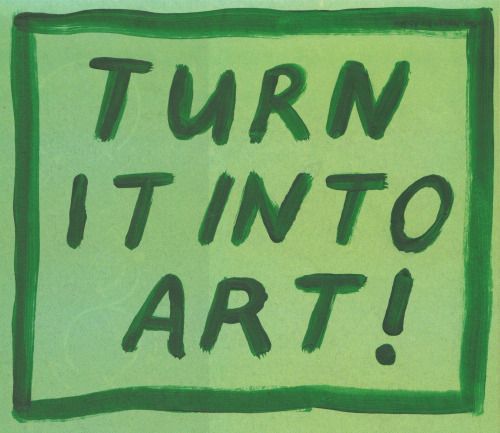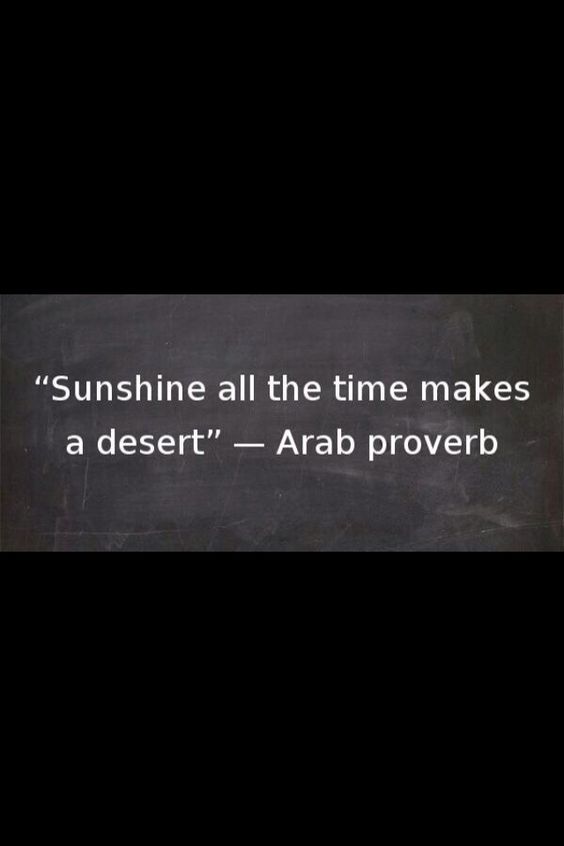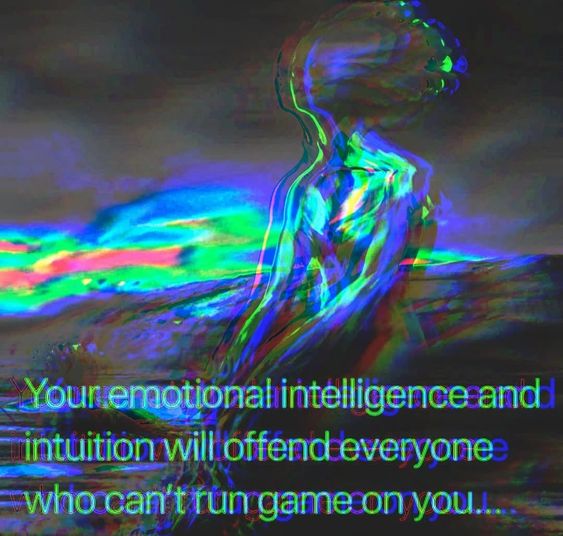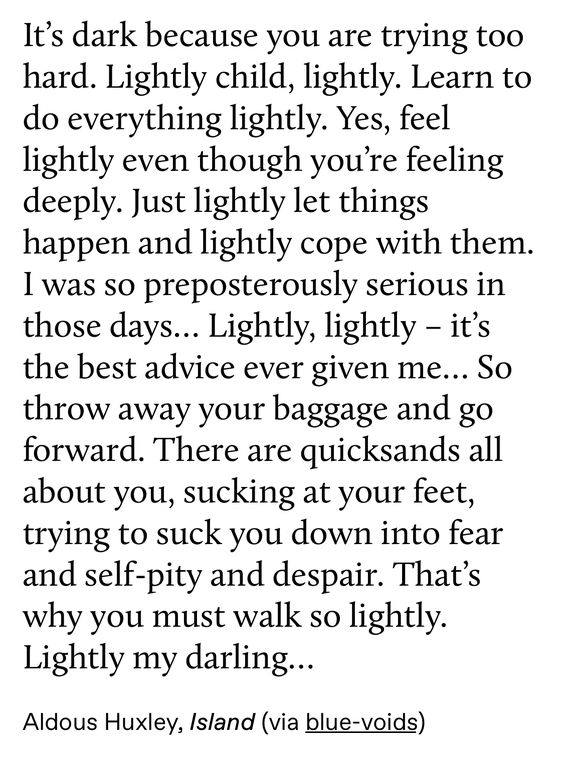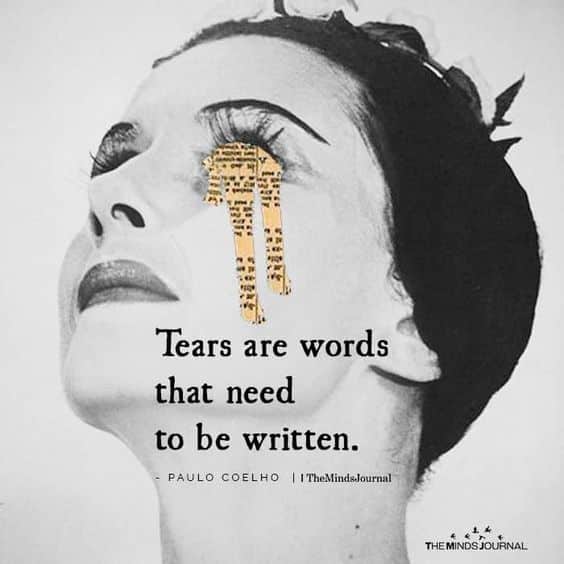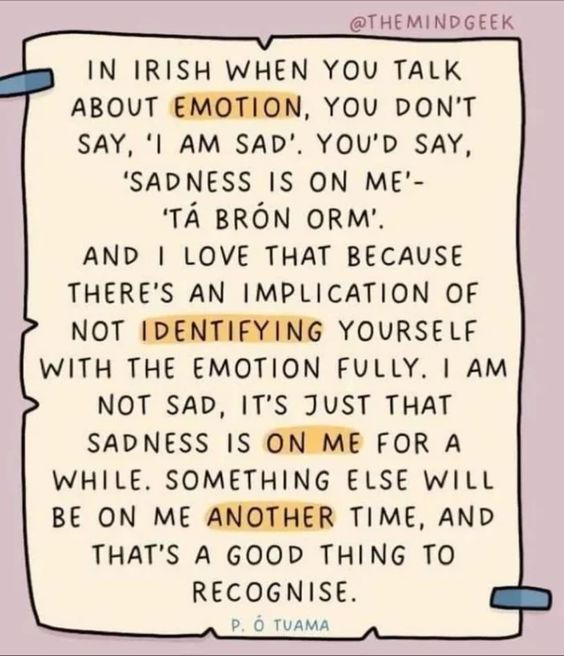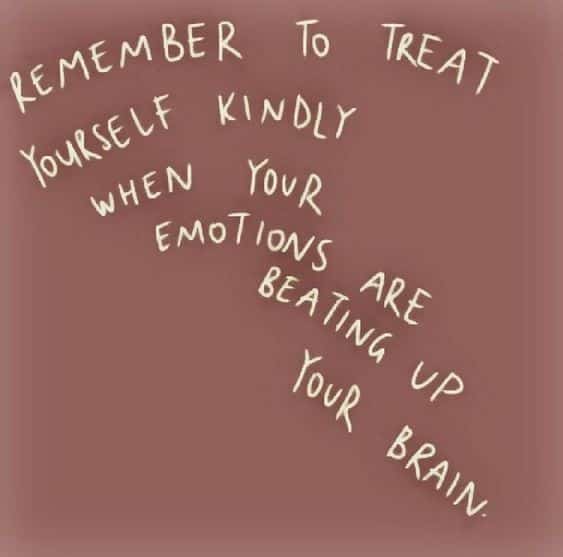“I have come to recognize that the pain which I have and will continue to experience in coming to love myself will prove my greatest asset.”
Willo, via If You Meet Buddha On The Road, Kill Him! (Page 52)
“We want to see [fear] as its own entity, separate from us. When we talk about our emotions, we usually say we are that emotion. I am angry. I am sad. I am afraid. Talking to our fear separates it from us and helps us understand that the fear is not us, it is just something we’re experiencing. When you meet someone who gives off a negative vibe, you feel it, but you don’t think that vibe is you. It’s the same with our emotions—they are something we’re feeling, but they are not us. Try shifting from I am angry to I feel angry. I feel sad. I feel afraid. A simple change, but a profound one because it puts our emotions in their rightful place.”
Jay Shetty, Think Like A Monk (Page 55)
“There is no commandment that says we have to be upset by the way other people treat us. The reason we are upset is because we have an emotional program that says, ‘If someone is nasty to me, I cannot be happy or feel good about myself.’ …Instead of reacting compulsively and retaliating, we could enjoy our freedom as human beings and refuse to be upset.”
Thomas Keating, via Think Like A Monk (Page 28)
“We have three core emotional needs, which I like to think of as peace, love, and understanding. Negativity—in conversation, emotions, and actions—often springs from a threat to one of the three needs: a fear that bad things are going to happen (loss of peace, a fear of not being loved (loss of love), or a fear of being disrespected (loss of understanding).”
Jay Shetty, Think Like A Monk (Page 23)
“It is impossible to build one’s own happiness on the unhappiness of others.”
Daisaku Ikeda, via Think Like A Monk (Page 20)
“How well we get along with ourselves depends largely on our internal leadership skills—how well we listen to our different parts, make sure they feel taken care of, and keep them from sabotaging one another. Parts often come across as absolutes when in fact they represent only one element in a complex constellation of thoughts, emotions, and sensations.”
Bessel van der Kolk, The Body Keeps The Score (Page 282) | ★ Featured on this book list.
“This being human is a guest house. Every morning is a new arrival. A joy, a depression, a meanness, some momentary awareness comes as an unexpected visitor… Welcome and entertain them all. Treat each guest honorably. The dark though, the shame, the malice, meet them at the door laughing, and invite them in. Be grateful for whoever comes, because each has been sent as a guide from beyond.”
Rumi, via The Body Keeps The Score (Page 279)
“Desensitization to our own or to other people’s pain tends to lead to an overall blunting of emotional sensitivity.”
Bessel van der Kolk, The Body Keeps The Score (Page 224)
“Learning to observe and tolerate your physical reactions is a prerequisite for safely revisiting the past. If you cannot tolerate what you are feeling right now, opening up the past will only compound the misery and retraumatize you further.”
Bessel van der Kolk, The Body Keeps The Score (Page 211)
“Emotion is not opposed to reason; our emotions assign value to experiences and thus are the foundation of reason. Our self-experience is the product of the balance between our rational and our emotional brains. When these two systems are in balance, we ‘feel like ourselves.’ However, when our survival is at stake, these systems can function relatively independently.”
Bessel van der Kolk, The Body Keeps The Score (Page 64)
